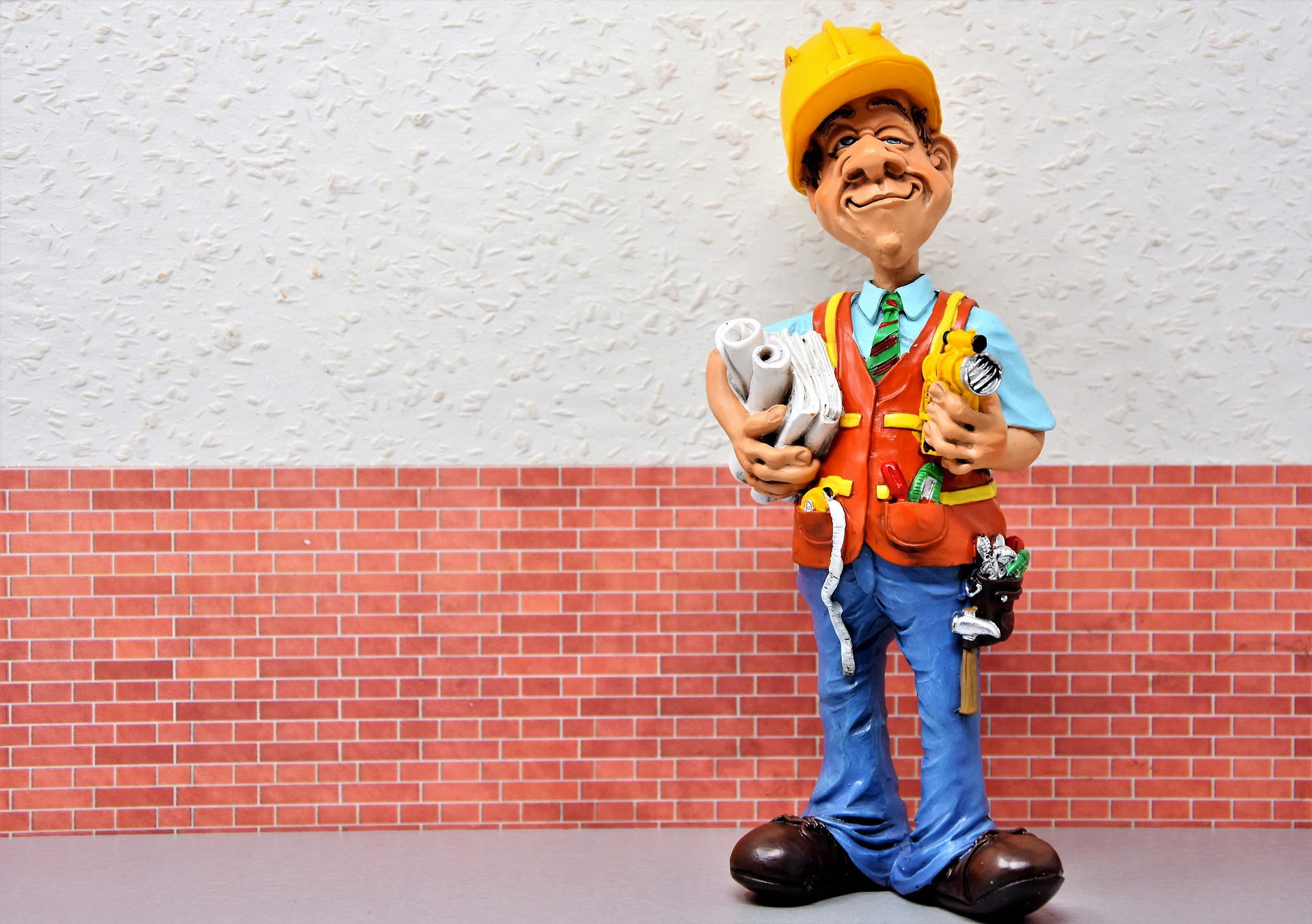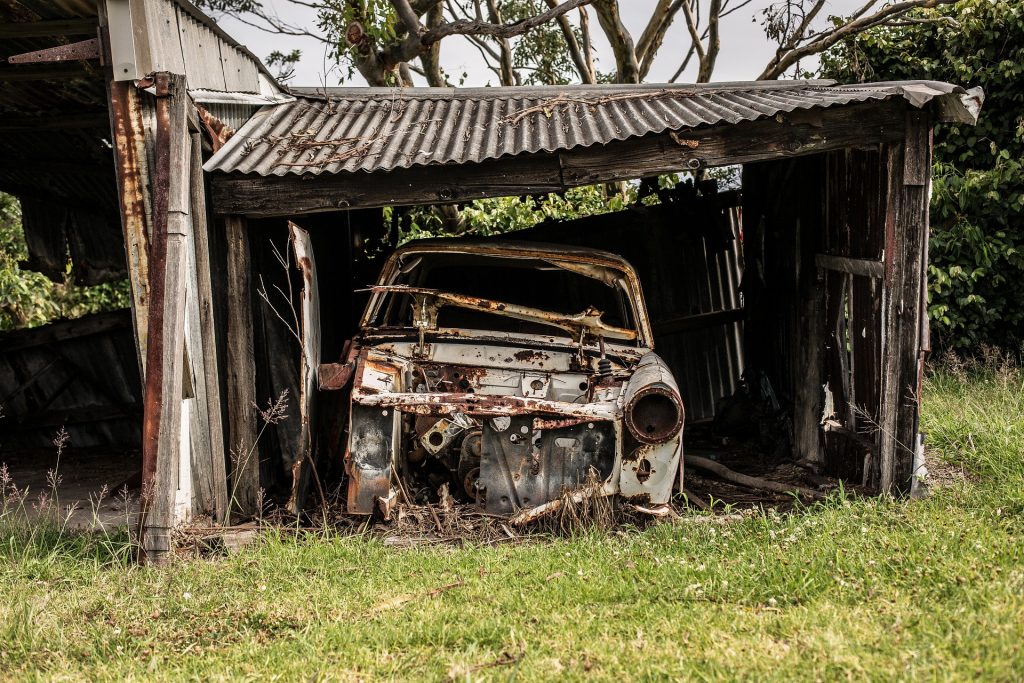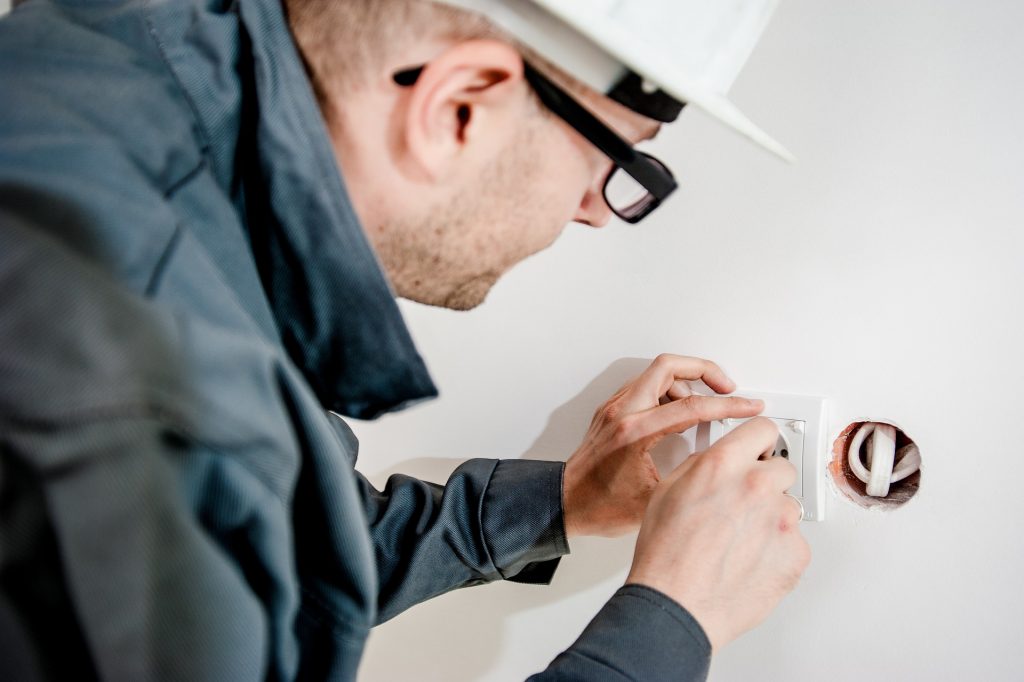What Is Deferred Maintenance?

Deferred maintenance is the practice of delaying critical repairs or maintenance work to a later date. At first, deferring maintenance may seem like a good cost-cutting option in the short-term. But postponed maintenance can have major long-term effects.
What is Deferred Maintenance?
Delayed maintenance is the practice of putting off critical repairs or maintenance work. This could be because of a lack of cash, time, or resources. It can refer to any type of maintenance, but usually it refers to big-ticket items. This might be things like replacing a roof, fixing the heating and cooling systems, or upgrading a kitchen.
The Causes of Deferred Maintenance
Delayed maintenance can happen for several reasons, including:
- Limited Budget: One of the most common reasons for deferred maintenance is a lack of finances to conduct critical repairs. Companies and property owners may lack the funds to cover the expense of repairs or replacements.
- Lack of Awareness: People are sometimes unaware that maintenance work is required until a severe problem emerges. It may be too late by then to avoid costly repairs.
- Negligence: Property owners or managers may simply fail to schedule routine maintenance or inspections, resulting in significant difficulties later on.

The Effects of Waiting To Fix Things
For property owners, deferred maintenance can have major consequences:
- Increased Costs: Putting off repairs or maintenance work can lead to big repairs later on that cost more. A leaking roof, for example, might cause water damage, which is far more expensive to repair.
- Safety Risk: Delayed maintenance can pose major safety risks. A defective electrical system, for example, could start a fire, or broken windows could freeze pipes.
- Legal Issues: Property owners may face legal consequences if they don’t given tenants a safe place to live.
- Lower Property Value: Properties that need a lot of repair have lower value. This makes them harder to sell or lease.
- Increased Downtime: The more you need to fix, the longer your units will be vacant during the repairs. This cuts into rents and net operating income.
- Bad Reviews: A poorly maintained property can cause tenant unhappiness, which can hurt a your reputation and bottom line.

How to Avoid Deferred Maintenance
Property owners can be proactive when it comes to maintenance and repairs to prevent the negative effects of deferred maintenance. To avoid delayed maintenance, follow these steps:
- Regular Inspections: Frequent inspections can aid in the detection of maintenance concerns before they become severe difficulties. Set a timetable for routine inspections of your facility, equipment, and systems, and make sure to stick to it.
- Schedule Maintenance: Create a maintenance schedule for HVAC systems, electrical systems, plumbing, roofing, and other important building systems. This will allow you to remain on top of maintenance duties and avoid costly repairs in the future.
- Prioritize Tasks: Make a priority list of maintenance tasks based on their importance and urgency. This will help you avoid difficulties or safety hazards.
- Budget for Maintenance: Make sure you have money for maintenance and repairs. This will help you avoid the temptation to put off maintenance because of financial restrictions. Consider allocating a chunk of your budget to unforeseen maintenance costs like emergency repairs or equipment replacements.
- Partner with Experienced Professionals: Partnering with a qualified repair expert can help you to avoid issues before they become serious. These experts can help you in write a maintenance program and advising you on the most urgent fixes to prioritize.
- Encourage Tenant Involvement: Tenants should be encouraged to report maintenance issues and potential problems. This can assist you in identifying and addressing concerns early on, before they become more significant and costly to resolve.
- Keep Records: Keep detailed records of all maintenance and repairs. This will help you see patterns or reoccurring issues that may require more aggressive action.
If you’ve been neglecting property maintenance, it’s time to act! Deferred maintenance can lead to costly repairs, safety hazards, and a loss of property value. Don’t let this happen to you.
Contact us today and find out how we can help you get out from under your deferred maintenance!